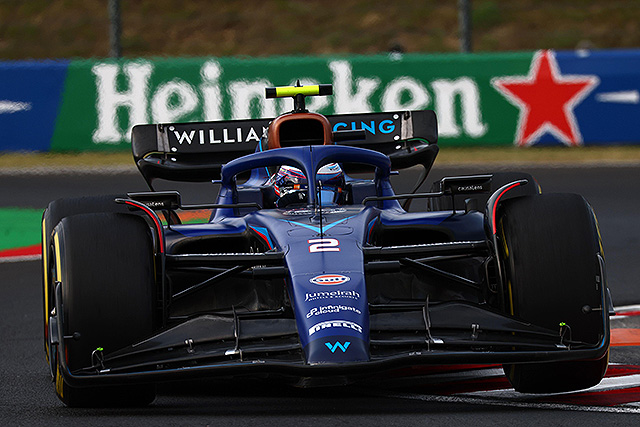Rizwana Warsi
October 06, 2023
"Williams 'Very Strongly Against' Andretti's F1 Bid: A Conflict in th…
Rizwana Warsi
October 06, 2023
Crocs' cowboy boots signal a turn toward the west. With its newest product, cowboy…
Rizwana Warsi
October 03, 2023
On and off the court, Jimmy Butler's most recent hairstyle makes a bold statement.…
Rizwana Warsi
October 03, 2023
Eagles Keep Perfect Record with Exciting OT Win Over Commanders Philadelphia Eagles fa…
Rizwana Warsi
October 03, 2023
In the first game of the 2023 NFL International Series, Jacksonville Jaguars defeat At…
Rizwana Warsi
October 03, 2023
Remembering Tim Wakefield's Legacy: A Knuckleball Master Certain baseball players …
Rizwana Warsi
October 01, 2023
Coach Martino of Inter Miami disputes reports of Messi's injuries. The head coach …
Nature and Sports
Food and Fashion




.jpeg)

.jpeg)

.jpeg)

.jpeg)
Social Plugin